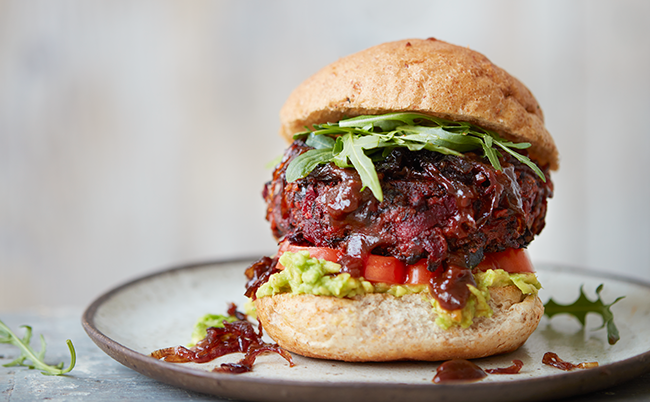93% of Global Food Companies Receive Low Ratings for Animal Welfare Improvements – vegconomist

A new version of the Business Benchmark on Farm Animal Welfare (BBFAW) has found that the vast majority of global food companies are making poor progress towards improving animal welfare.
While 95% of the benchmarked companies recognize farm animal welfare as a core business issue, a huge 93% have received E or F ratings (the lowest possible) for Performance Impact, a measure of whether animals are protected from inhumane practices. Some of the lowest-rated companies are Amazon Whole Foods, Domino’s Pizza Inc., Müller, and Tyson Foods. No company received an A or B rating, and only 4% achieved a C.
Furthermore, 19 companies — including Yum China Holdings and Domino’s Pizza Inc. — do not even have a formal farm animal welfare policy. 52% of all benchmarked companies have no policy for routine mutilations (such as tail docking and branding with hot irons), while only 27% restrict live transportation to short journeys. Just 9% of companies with pigs in their supply chains have credible targets to end the use of gestation crates, metal enclosures barely bigger than an adult pig.
Overall, only three companies (Marks & Spencer, Premier Foods, and Waitrose) have achieved Tier 2 status, meaning they have made farm animal welfare an integral part of their business strategy.

“A long way to go”
There are a few positive signs in the report, with 25% of companies recognizing the need to reduce their reliance on animal-source foods. 21 of these — including Greggs, Sodexo, and Carrefour — have published time-bound targets for this goal. Additionally, 73% of companies that use eggs have made cage-free commitments (though it should be noted that free-range eggs are often still associated with ethical issues).
BBFAW is supported by Compassion in World Farming, FOUR PAWS, and a coalition of institutional investors. The latter manages over $2.3 trillion in assets and will engage with the food companies in the year ahead to help them improve.
“Today’s analysis shows there’s a long way to go for the food sector to turn awareness and commitment into demonstrable animal welfare benefits, with large numbers of farmed animals still suffering from inhumane practices such as close confinement or routine mutilations,” said Nicky Amos, Executive Director of the BBFAW.




